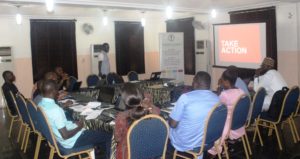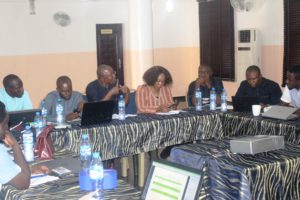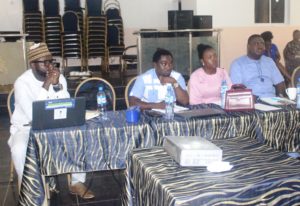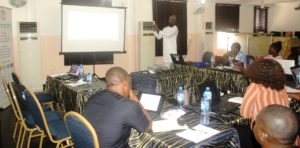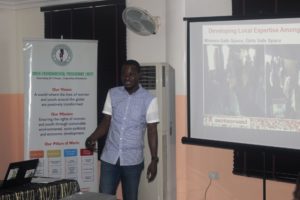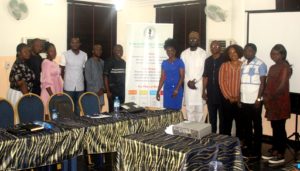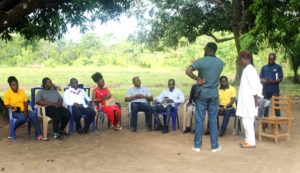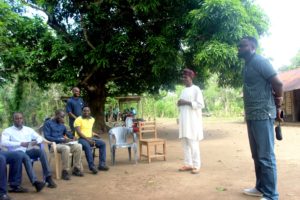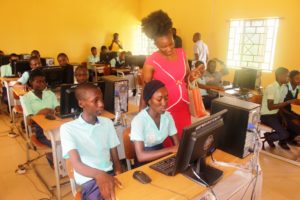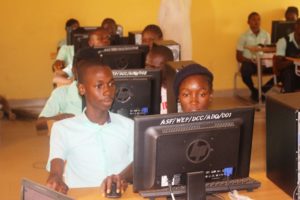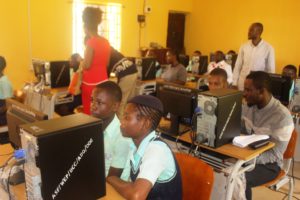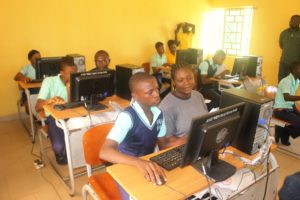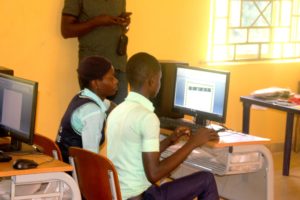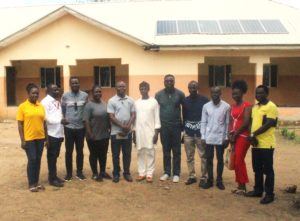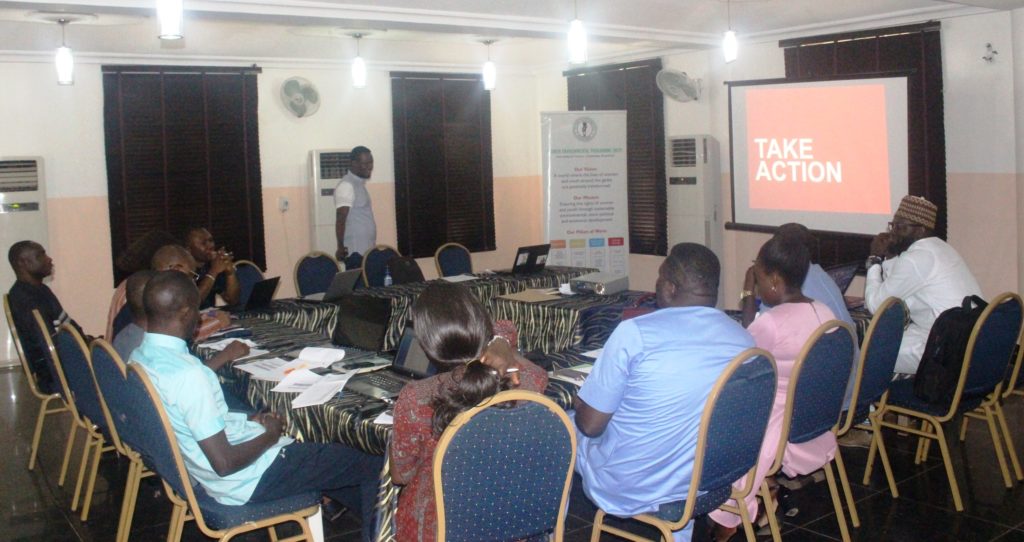
WEP HOSTS TWO-DAY COMMUNITY OF PRACTICE (COP) MEETING FOR GCERF GRANTEES
Women Environmental Programme (WEP) hosted a two-day Community of Practice (COP) meeting for Global Community Engagement and Resilience Fund (GCERF) grantees in Nigeria from 4th – 5th November 2019. The meeting held at Doo Palace Hotel Makurdi, Benue State with the theme: “Evidence Based Programming in Nigeria: The Value of Research, Local Knowledge and Expertise”.
All GCERF funded organizations in Nigeria were present at the COP. It was a forum to meet, deliberate about project progress as well as impacts, exchange knowledge and share ideas on best practices of Preventing Violent Extremism (PVE) in Nigeria.
The need to leverage on local knowledge and develop local expertise among actors in communities was highlighted. Also discussed was the importance of having women and girls’ safe spaces that serve as hubs of social interaction where young people can congregate. Grantees from Nassarawa and Kogi states shared experiences and results from their strategy of establishing joint tasks groups to help curtain violent activities and peace camps to mentor youths and prevent their radicalization & recruitment into violent extremist groups.
On day two of the COP, participants went on a field trip to Igumale Community Secondary School in Igumale, Ado LGA of Benue State to interact with students who are the beneficiaries of a solar powered digital computer laboratory installed by Angel Support Foundation (ASF) with funding from WEP. The students were seen to have acquainted themselves with the computer systems and were harnessing ICT skills already. The principal of Igumale Community Secondary School pointed out that hitherto, the school had only one computer system and students who registered for computer science in their Senior Secondary Certificate Examinations (SSCE) had difficulty writing and even getting their results. He narrated how the school was cautioned for malpractice because of resemblance in answers of students in their computer science exams. But with more computer systems from the digital laboratory, there has been remarkable performance from students in computer science examinations and the number of students registering has increased significantly.
The visiting team was impressed and pleased that the aim for the establishment of the digital laboratory was not lost. We believe that ICT knowledge will help these school children to be useful to themselves and their community while they are in and out of school. We hope that enhanced skills acquired from ICT will make them less vulnerable to radicalization and recruitment to violent extremism.
